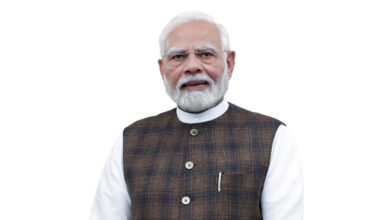
The 2025 Henley Passport Index has ranked Pakistan’s passport as the fourth weakest globally, placing it 96th, alongside Somalia and Yemen. Pakistani passport holders can access only 32 countries visa-free or with visa-on-arrival, highlighting the country’s limited international mobility.
The index, compiled annually by UK-based consultancy Henley & Partners, ranks 199 passports based on data from the International Air Transport Association (IATA). It is regarded as one of the most comprehensive assessments of global travel freedom.
Afghanistan, Iraq, and Syria remain at the very bottom of the list, with Afghanistan once again holding the weakest passport in the world, offering visa-free access to just 25 countries, the Gulf News reports.
Pakistani officials, including Interior Minister Mohsin Naqvi, have acknowledged concerns raised by the business sector and pledged to pursue new international agreements to expand visa-free access for citizens.
In contrast, the United Arab Emirates continued its impressive rise, claiming the 8th position worldwide, the highest ever for any Arab country. Emirati citizens can now travel to 183 countries without requiring a visa in advance. The UAE’s success has been fueled by active diplomacy and bilateral visa-waiver deals, including a recent agreement with China benefiting GCC nationals.
India’s passport rose eight spots to 77th, providing access to 62 destinations, a gain credited to recent diplomatic outreach. The Philippines ranked 74th, with visa-free or visa-on-arrival access to 67 countries, showing little change from previous years.
At the top of the index, Singapore retained its place as the world’s most powerful passport, offering visa-free access to 193 countries. Japan and South Korea followed, while several European Union nations, including Germany, France, and Italy, shared third place.
Dr. Christian Kaelin, Chairman of Henley & Partners, commented on broader trends, noting that while emerging economies are expanding their diplomatic footprints, some established powers appear to be retreating inward, reshaping global mobility dynamics.













